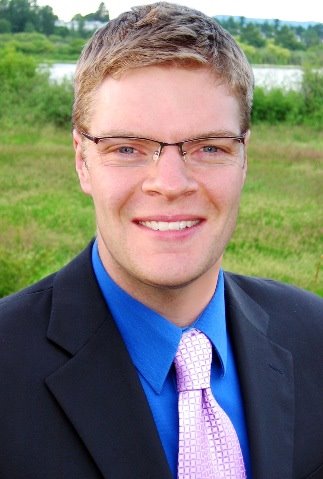I am pleased to see that the electronics recycling program is a success. Removing these ubiquitous products from the landfill is an important step in reducing our waste as well as preventing harmful leachates and contaminants from entering our soil and groundwater.
Hartland Landfill, the destination for all of the Capital Region's solid waste, receives 140,000 tonnes of waste materials every year. The CRD hopes to divert 60 per cent of the waste by 2012. We are currently diverting 34 per cent. The electronics recycling program is an important step in achieving the 60 per cent goal, but there is far more that can be done.
More than 30 per cent of the material going to the landfill is organic waste that could be composted. Composting organics would considerably reduce the amount of materials ending up at the landfill.
Moreover, organic waste is a valuable commodity that we are literally throwing away. By composting the organic material, we not only remove it from the waste stream, we can capture the methane it produces during processing and utilize it to reduce hydrocarbon purchases or sell it. The compost itself is a valuable fertilizer that can also be used or sold.
Oak Bay and View Royal have piloted curbside collection of organic compost over the past year. Both programs have been highly successful and extended for another year. By expanding the program across the region, the CRD could achieve its waste diversion target and generate revenue to offset program startup costs.
I congratulate the CRD for its successful electronic recycling program, and encourage it to expand curbside compost collection. Curbside collection of organic matter is the right thing to do both financially and environmentally.
Subscribe to:
Post Comments (Atom)


No comments:
Post a Comment